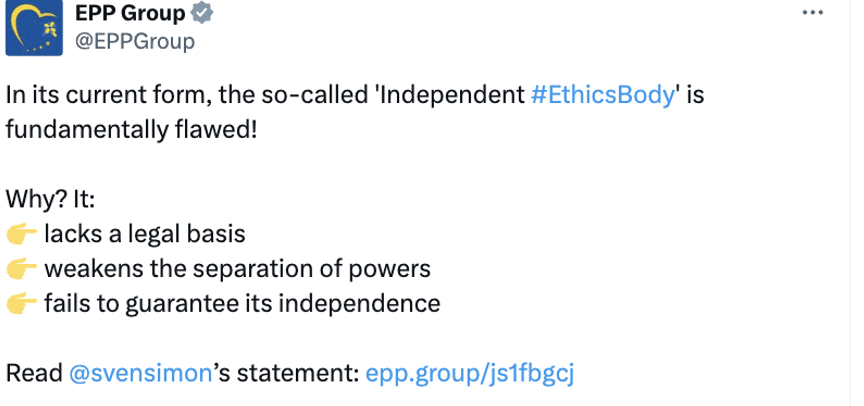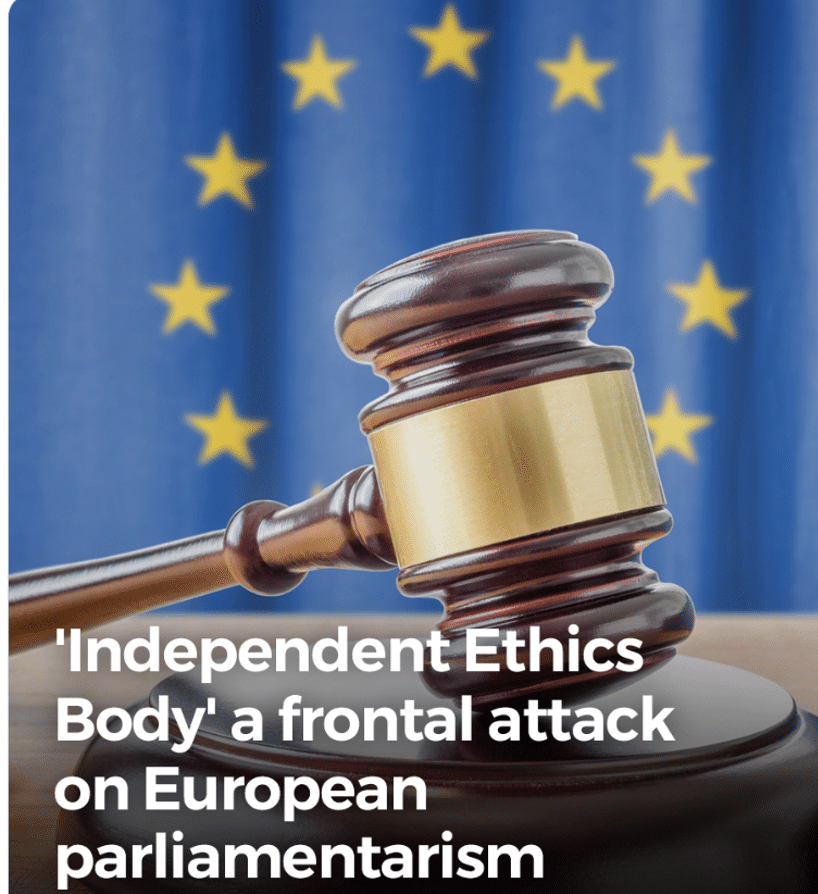Transparency is a really big deal in Brussels. Transparency is a key part of activating support for the European project and encouraging European citizens to participate more actively in the democratic life of the EU. The EU has come a long way since the author came to Brussels in 1993. In those days European Commission officials would often refuse to speak any other language than French, and deny access to important policy documents.
EU Transparency Register
The EU Transparency Register was set up in June 2011 to answer core questions such as what interests are being pursued, by whom and with what budgets. Compared with the situation in the 1990s the Transparency Register should be considered a success, however, there is a long way to go, especially compared with Washington. A mandatory lobby register with enforced financial disclosure and theoretical high punishments exists on federal level, as well as in every almost every US state.
In recent years, there have been also considerable developments in EU member states regarding the regulation of lobbying. Currently, eight member states (Germany, Ireland, Greece, France, Lithuania, Austria, Poland, and Slovenia) have mandatory registration systems for lobbyists, and four (Belgium, Italy, Netherlands and Romania) have voluntary registers.
Groups including EPACA and SEAP have been actively advocating to expand the EU Transparency Register’s scope and make it mandatory. While it is not perfect, the Transparency Register is a key tool to promote good practice in EU public affairs through the website, the code of conduct and a complaints mechanism. At BestinBrussels we seek to promote best practice, the best firms and the best professionals. Hence, we exclude any public affairs consultancy that is not listed on the register. Besides which any self-respecting client should ask themselves why they would hire an EU advisor who is not allowed to engage with high-level EU officials and are not signed up to a code of ethics.
The publication of interactions between public officials and lobbyists is often the final piece of the puzzle to complete a system of transparency and integrity. As 2024 research from Transparency International finds, only the European Commission and European Parliament plus five Member States (Finland, France, Lithuania, Ireland, and Slovenia) have adopted a mandatory publication of their interactions with lobbyists. Though 3 EU Member States (Estonia, Italy and Romania) as well as the EU Council have adopted a voluntary system, this often leads to an incomplete picture of lobbying activities.
Qatargate
Qatargate is still an ongoing political scandal, involving allegations that European Parliament officials, lobbyists and their families have been influenced by the governments of Qatar, Morocco and Mauritania, engaging in corruption, money laundering, and organized crime. Still nobody is behind bars and although in the short term Qatargate seems to have had little direct commercial impact on the Brussels public affairs sector, the story reinforces a certain view among the public that lobbying is all about corruption and secret meetings in Brussels. Moreover, Qatargate has damaged the reputation of the EU and the European project. Brussels´ “soft power” aims to influence others by the example it sets.
In 2023, Qatargate led to a number of decisions in connection with the way the Parliament implements the EUTR including new “Rules on access to the European Parliament” to clarify access rights of lobbyists; additional rules on the participation of interest representatives at all events held at the Parliament; a general requirement for all MEPs and their parliamentary assistants to publish scheduled meetings relating to parliamentary business with lobbyists falling within the scope of the transparency register.
New EU Interinstitutional Body for Ethical Standards
After a long debate, the lobbying rules in the EU institutions will now finally be monitored and enforced by an independent body.
On 25 April 2024, the European Parliament approved the creation of a new EU body to strengthen integrity, transparency, and accountability in European decision-making. The agreement was reached between Parliament, the Council, the Commission, the Court of Justice, the European Central Bank, the European Court of Auditors, the European Economic and Social Committee, and the European Committee of the Regions. It provides for the joint creation of a new Body for Ethical Standards.
This Body will develop, update, and interpret common minimum standards for ethical conduct, and publish reports on how these standards have been reflected in each signatory’s internal rules. The institutions participating in the Body will be represented by one senior member and the position of Chair of the Body will rotate every year between the institutions. Five independent experts will support its work and be available for consultation by the participating institutions and bodies about standardised written declarations, including declarations of interest.
According to Daniel Freund MEP (Greens) and rapporteur regarding the new EU Interinstitutional body: “The culture of impunity for ethics violations has (hopefully) finally come to an end. Tireless efforts by us Greens against conservative resistance are paying off. The lobbying rules in Brussels are actually quite good. Lobby meetings must be published, declarations of assets must be submitted, side jobs for MEPs in the lobby are prohibited, revolving door changes from the Commission must be authorised during the cooling-off period. And yet, despite these good rules, there have been repeated violations and scandals: top officials from the EU Commission switched to the lobby. A culture of impunity also emerged in the European Parliament and ultimately culminated in the Qatargate corruption scandal. The problem: in all EU institutions, integrity rules were subject to self-regulation. And this self-regulation has consistently failed.”
The April Strasbourg plenary backed the inter-institutional ethics body deal, with a vote of 301 in favour and 216 against. The EPP remained opposed until the end. Transparency International EU, on the other hand, called the body the “bare minimum” for a “weak tool.”
“The past weeks have seen the European Parliament dogged by a flood of accusations of MEP bribe-taking for China and Russia. The allegations have proven that now, more than ever, an independent oversight body, with powers to monitor and sanction MEPs, is needed. Today, the European Parliament has finally instructed the Parliament President to sign the agreement between the EU institutions on an ethics body that will not have any of these powers. It will not be independent, nor will it have the mandate to investigate and sanction MEPs for wrongdoing.”
Transparency International EU view on European Parliament ethics body vote: too little, too late. Press Release 25 April 2024.
EU Court of Auditors Report on the Transparency Register
On the same day as the EP vote on the new Ethics Body, the EU Court of Auditors released a critical report on the EU Transparency Register. Importantly the EU Court states that “lobbying is an essential democratic tool allowing organisations and individuals to provide input into policy and decision-making”.
The Court recommends improving the user-friendliness and relevance of the public website. At BestinBrussels we could not agree more – the Register has got less transparent and less user-friendly in recent years. For instance, it is no longer possible to see which organisations have a Brussels office!
The Court also recommends improving data quality checks and addressing certain gaps. For instance, there is a risk that NGOs funded by third parties can avoid disclosing information about their funding sources by declaring that they represent only their own interests or the collective interests of their members. This is because registrants’ choice of interest representation category is based on self-declaration. Notably the Court found that around a third of those who declared themselves “NGOs, platforms, networks and similar” (1,207 out of 3,529) made such declarations that they represented their own interests or the collective interests of their members, and therefore did not disclose financial support and funding received. This is a serious deficiency, in the context of Qatargate where an NGO seemingly hid a criminal organisation and used it as a vehicle for corruption and money laundering, instead of its stated mission to work for transnational justice and to promote human rights.
Let´s hope the EU creates a better tool to improve transparency, avoid unnecessary scandals and support the important daily work of professional EU lobbyists.


